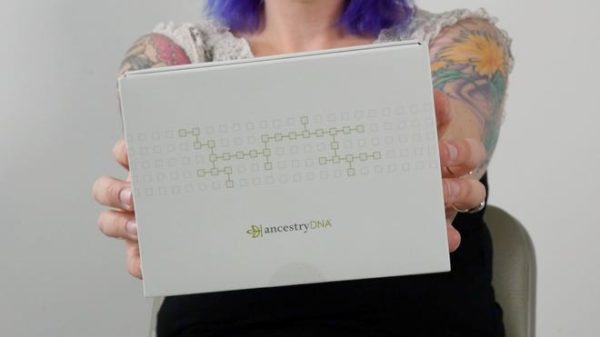

As the centennial of the ratification of the 19th Amendment approaches, Ancestry wants you to stay in touch with your roots.
The genealogy service offers a free search in 2020 so users can discover their family’s connections to women’s voting rights and learn more about the history of women’s suffrage.
For Dan Duster, knowing he is the great-grandson of civil rights activist Ida B. Wells is an honor, and he encourages people to discover any possible links to notable women.
“Knowing your history gives you a better understanding for the rights that we have,” Duster says.
The website asks for one of your grandparents’ names and a place they might have lived. A list of possible ancestors pops up, and you can click to find out if their story has been written.
The historical consultant for the project, Lisa Tetrault, says this tool can remind users that historical social movements had success thanks to the help of everyday people.
“It reminds us that making change and being part of the democratic process is something that everyone has access to and something we’ve all participated in,” says Tetrault, a professor at Carnegie Mellon University who specializes in gender, race and history. “It’s not just history made by famous people.”
The company is known for its DNA kits that give customers the chance to send in saliva samples and have the genetic material analyzed. Results are available after six to eight weeks.
Follow Coral Murphy on Twitter @CoralMerfi












